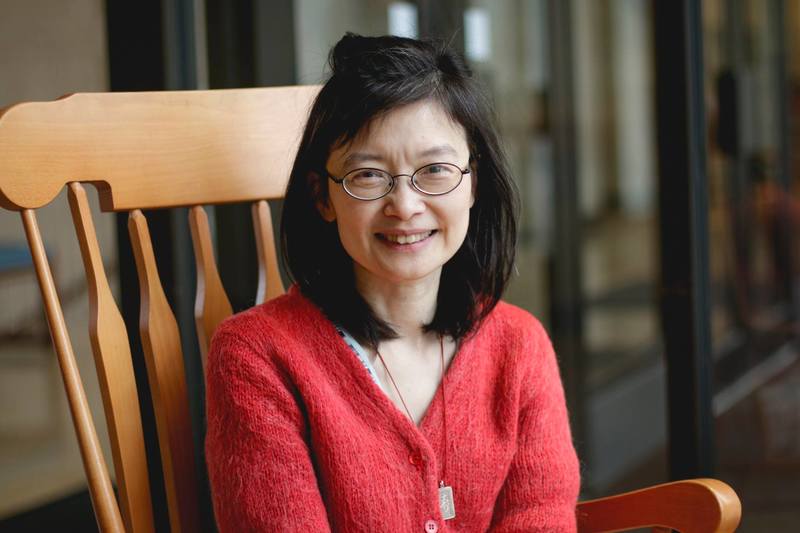Ingrid Wu
Have you ever felt like you were living with a certain stigma attached to you as an immigrant? If so, what is that stigma?
“I’ll start with the background. I know my father came to the U.S. before the Civil Rights Act of 1964, so he faced blatant discrimination. He actually came for graduate school, then civil engineering work in North Carolina on highways. He went to a hotel where it said there was a vacancy. When he went to ask for a room, they told him there were no vacancies even though the sign said otherwise. The guy behind him was white, and they gave him a room, so that was very blatant. This was in the early 60s - things have come a long way. When I went to Ruxton, I was the first non-Caucasian in the whole school. They didn’t even know where the Republic of China was. They knew about Japan because of World War II; some of the families had service people in Okinawa. I think we've come a long way. When I was here [at Hopkins] in the 80’s, there was no Chinese program, no Nanjing program. In fact, I was the interpreter when the delegation came from Nanjing to explore cooperation. I was only a freshman. Because I was fluent in Mandarin, I interpreted for Nanjing University's Vice President and delegates. We as students went to the deans and administrators. We said Hopkins is a major university, but there is no Asian language, culture course - nothing. We fought to get the first Chinese language class at the time. We built on it - next year we had two, then we had three. Now, you have the East Asian Studies Program. That’s how the Hopkins-Nanjing Center began. We really had to be diligent.
Traditionally, a lot of Asians are seen as very well behaved; we don’t complain about anything. Even now, I see the issues, and they’re seen as black and white. It’s very sad, because the issues aren’t just black and white. What about the Asians, Hispanics, Native Americans? I always bring that up. My background here at Hopkins: I was a math pre-med, but I also did Sociology, then international relations abroad and law school, so I’m very conscious. We as Asians have to realize that, yes, we are well-behaved, but we're often overlooked because we are so well-behaved.”
